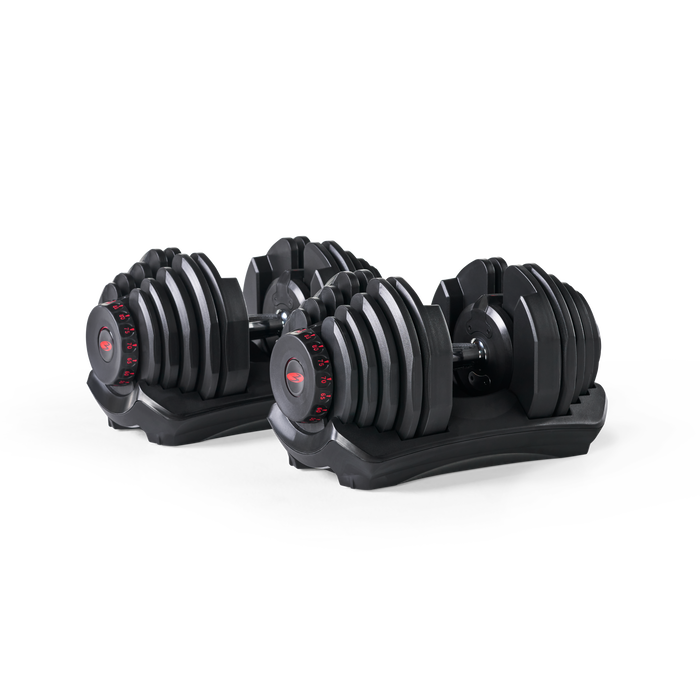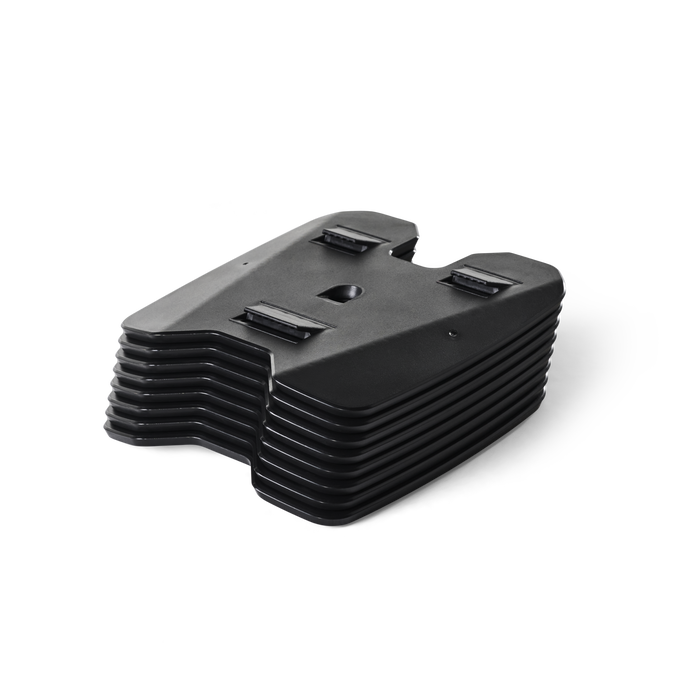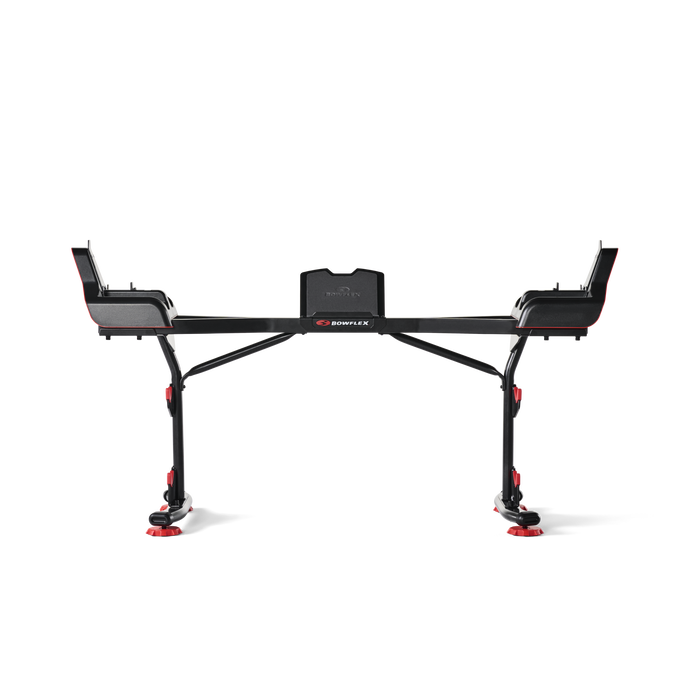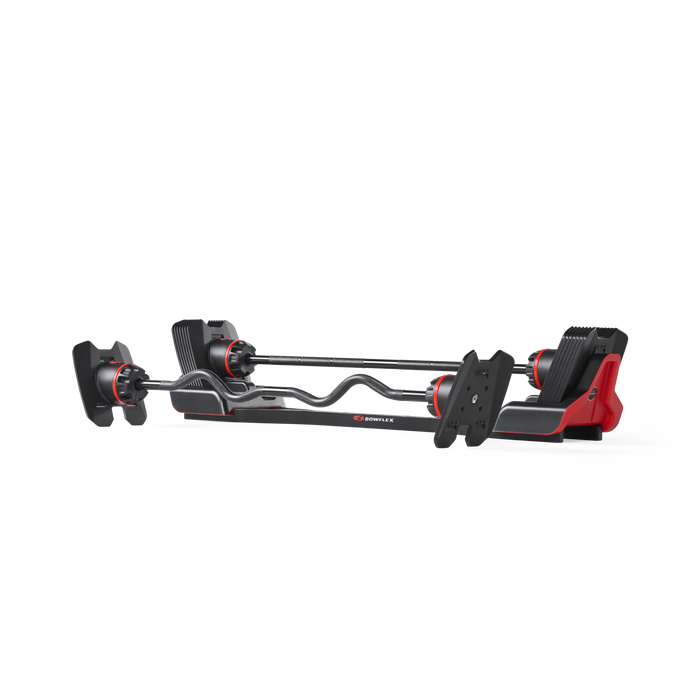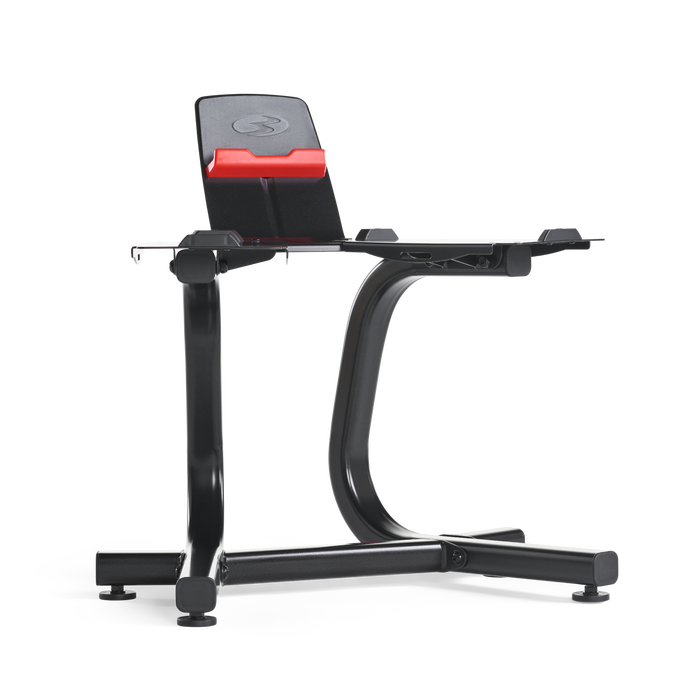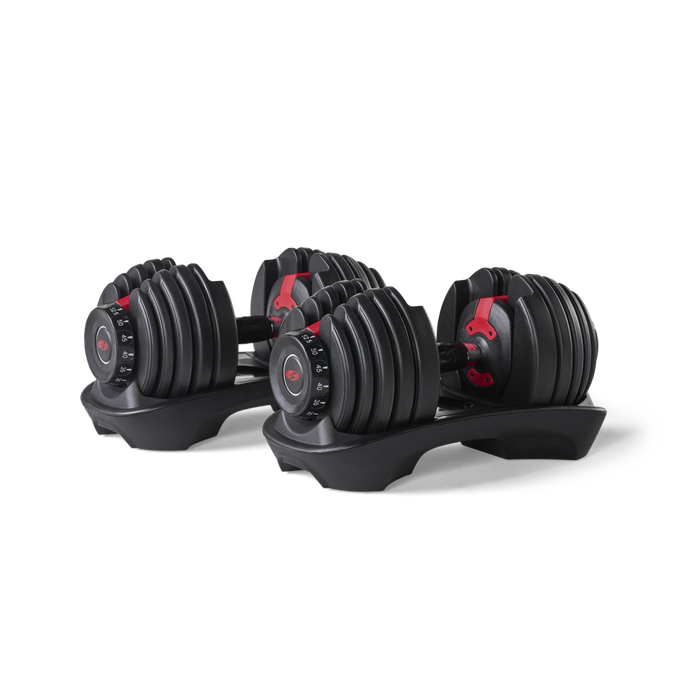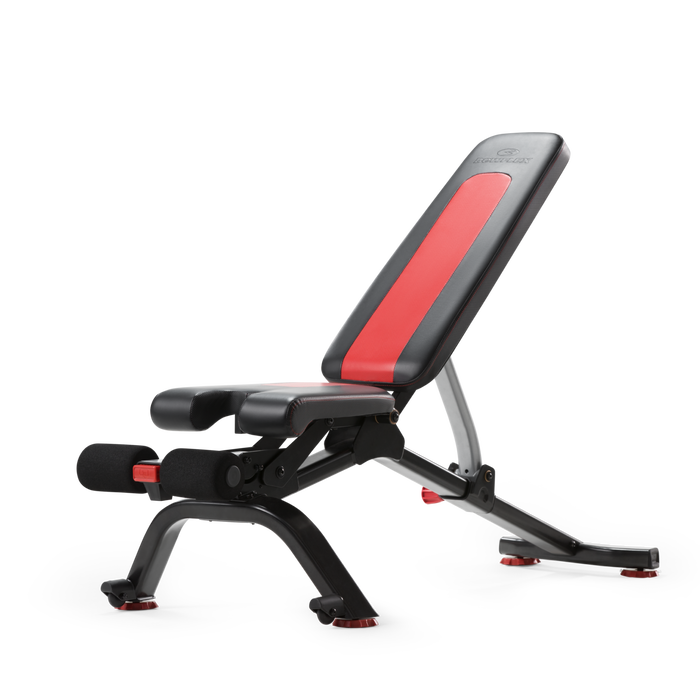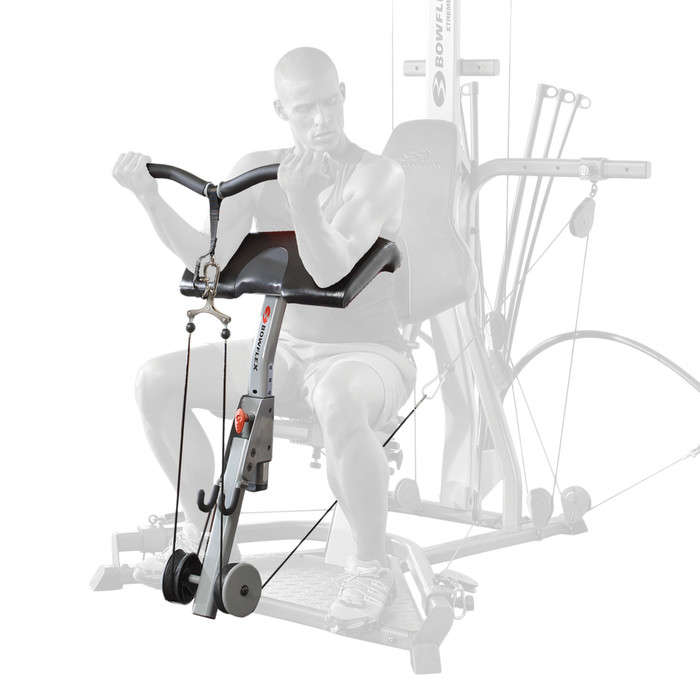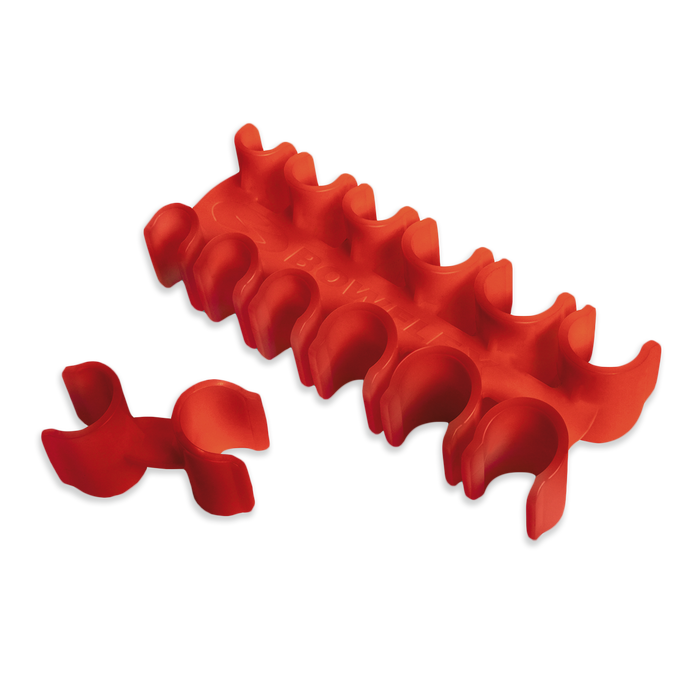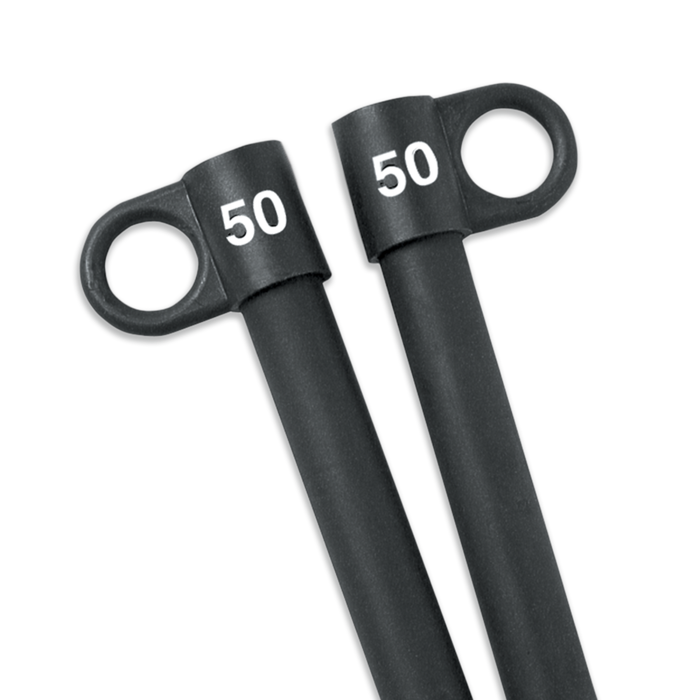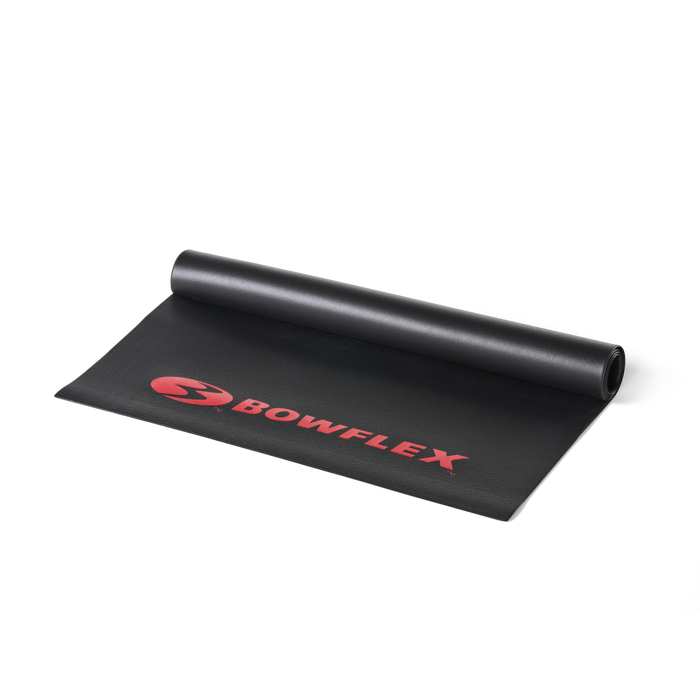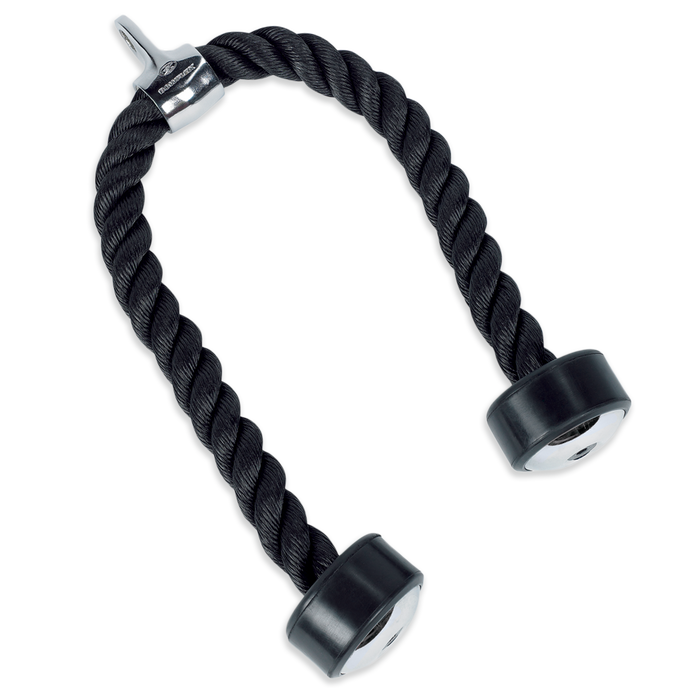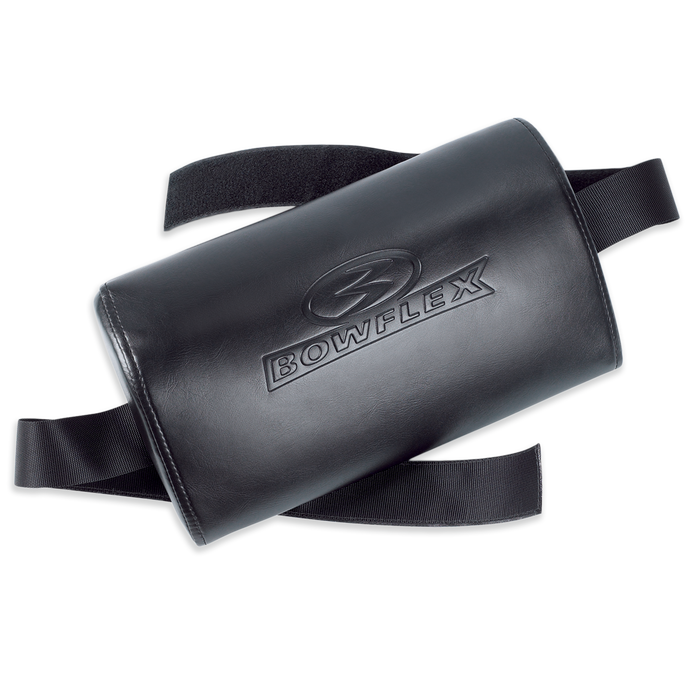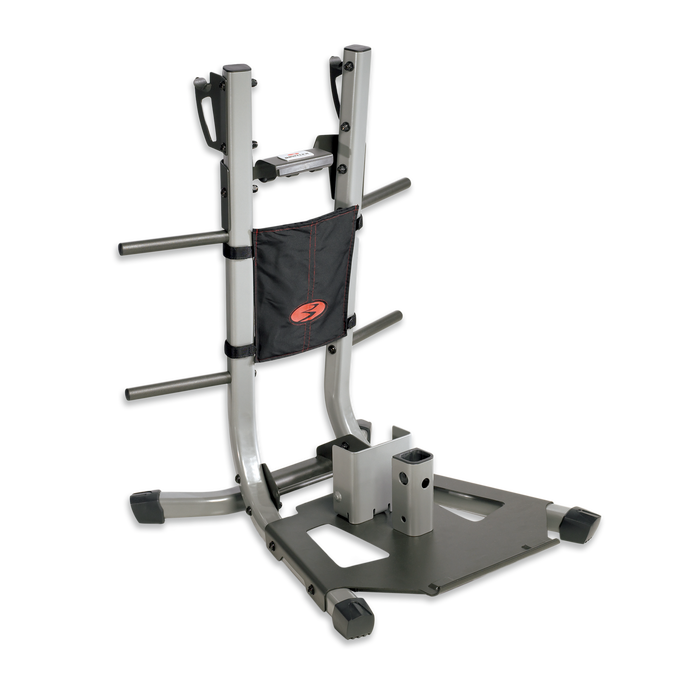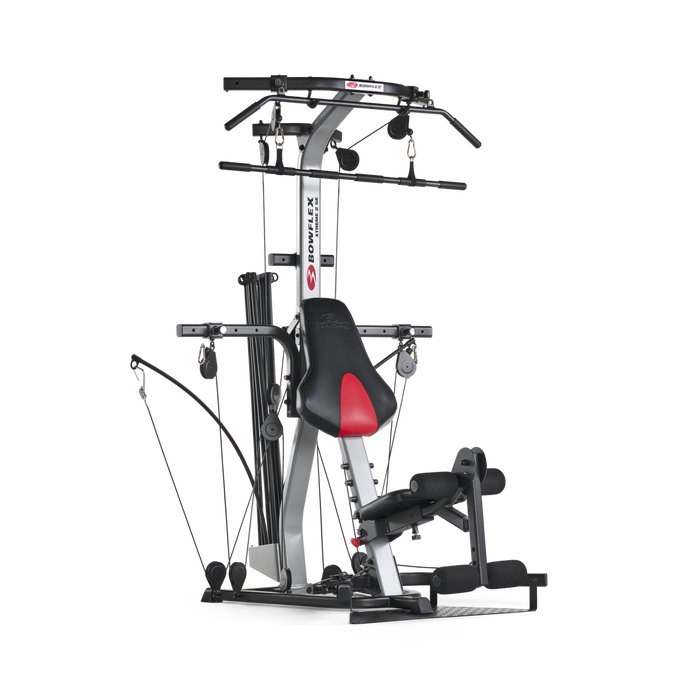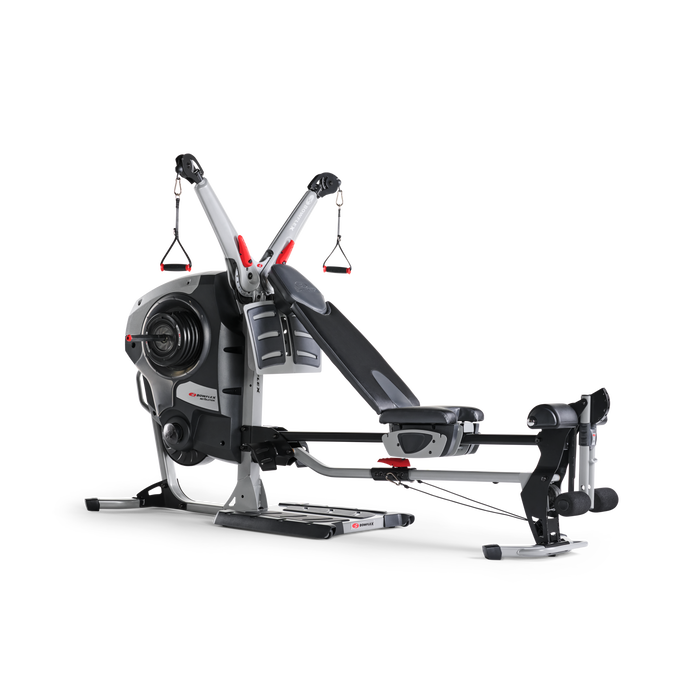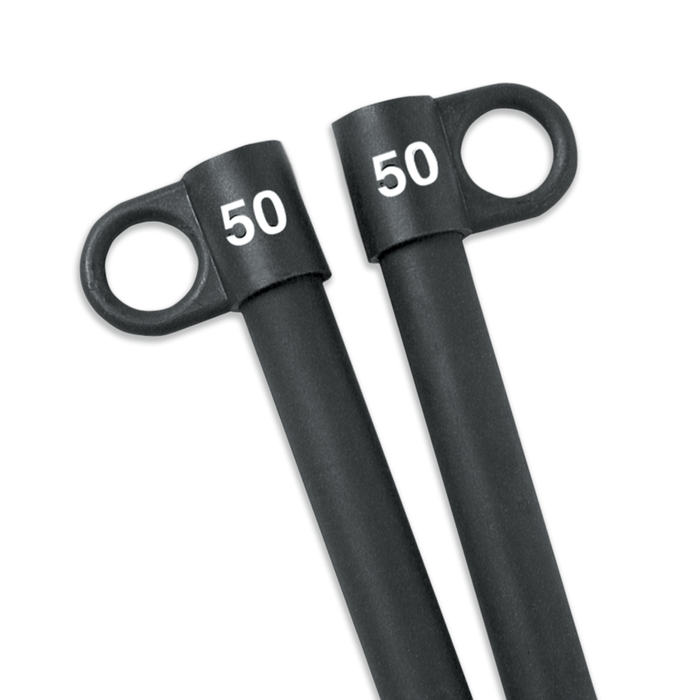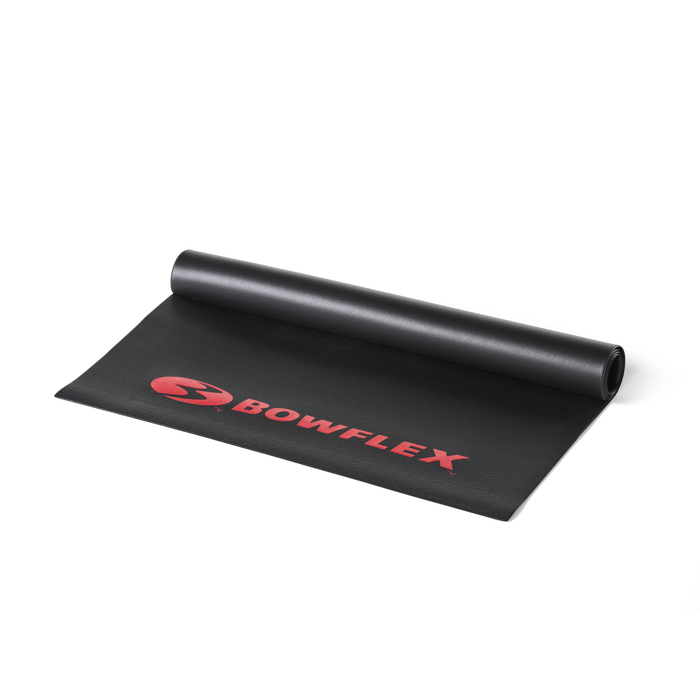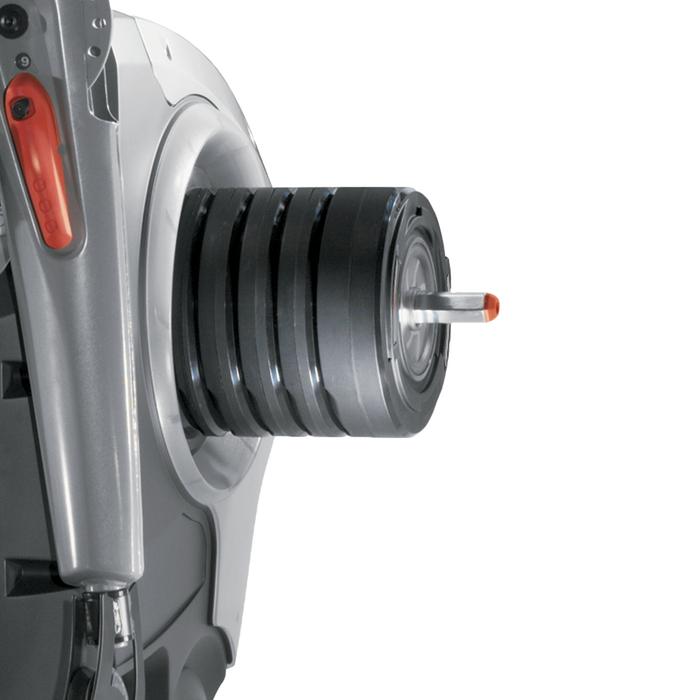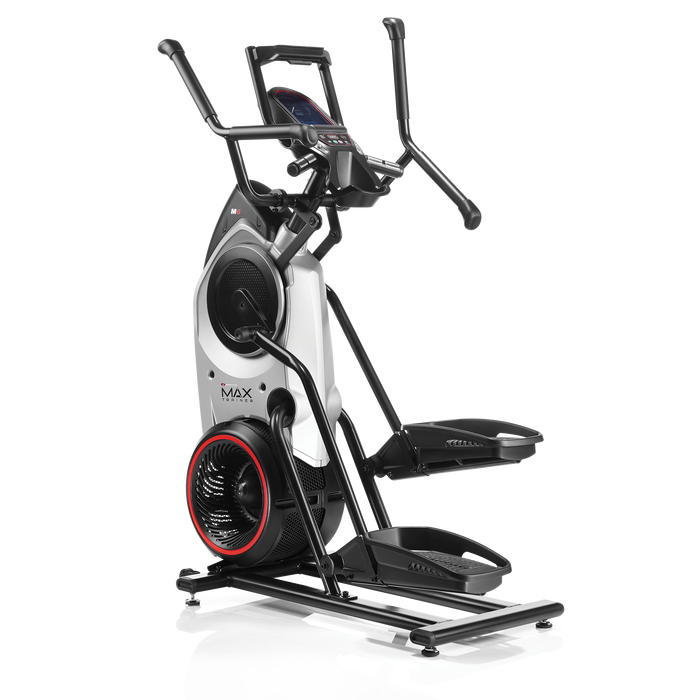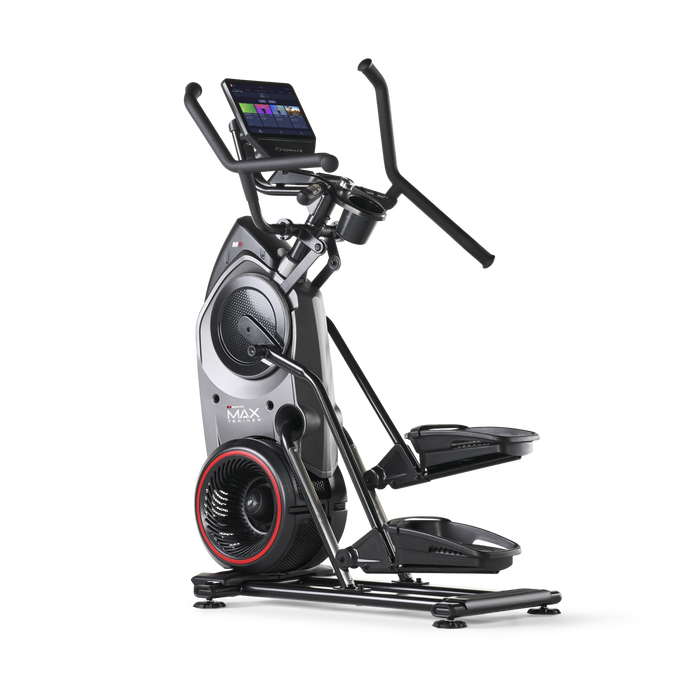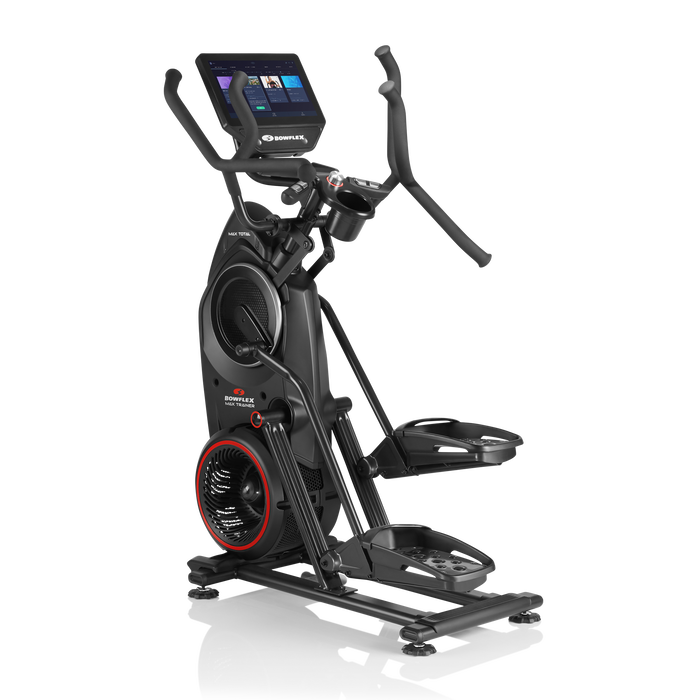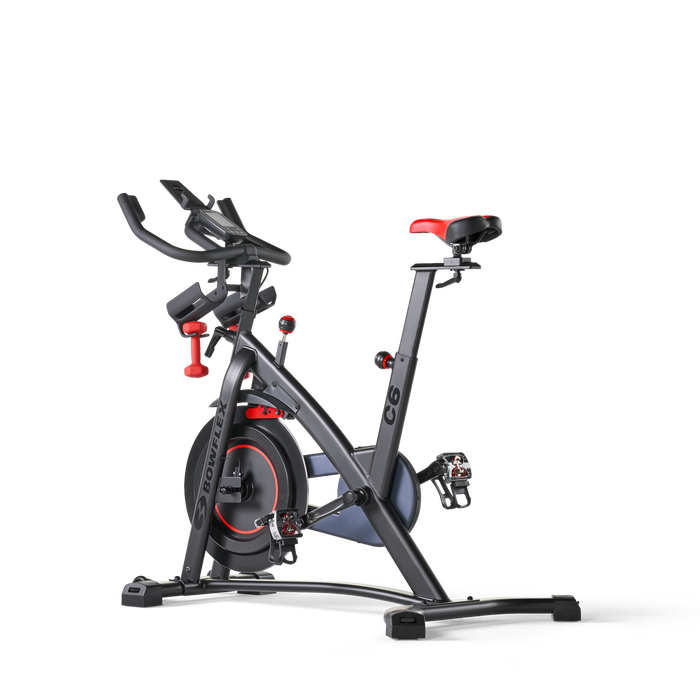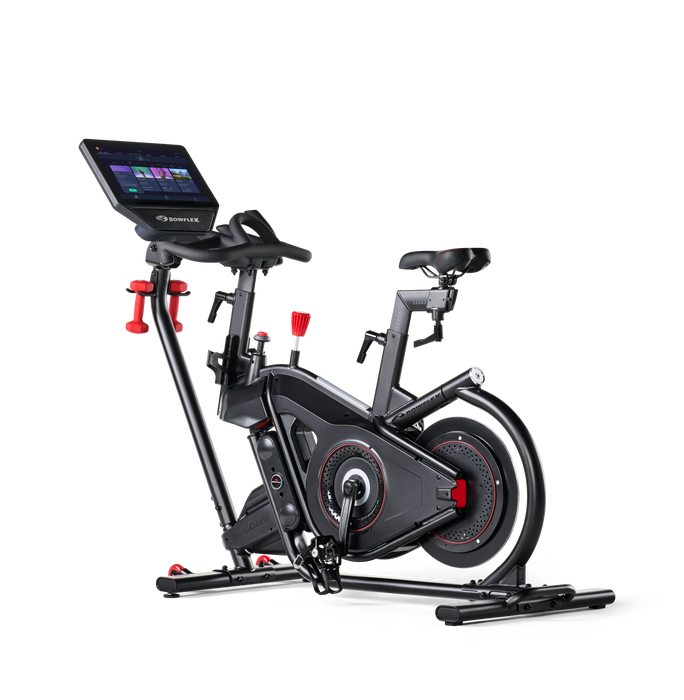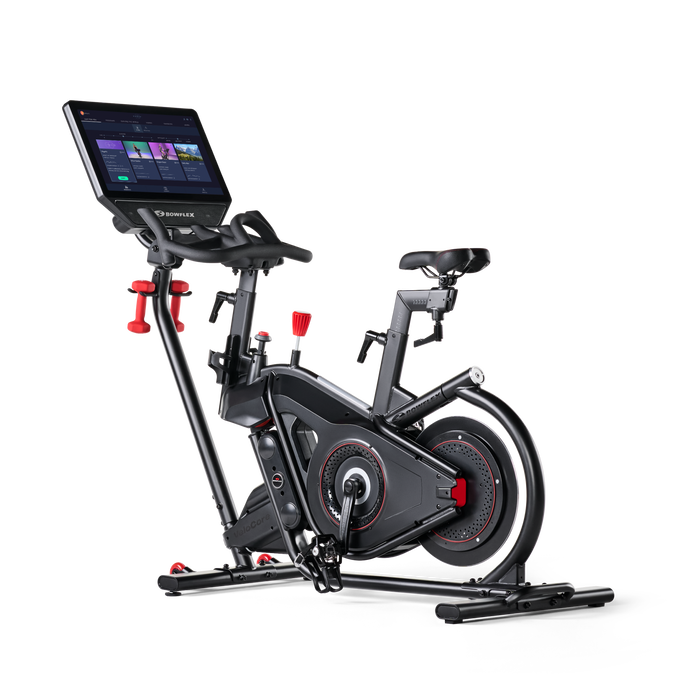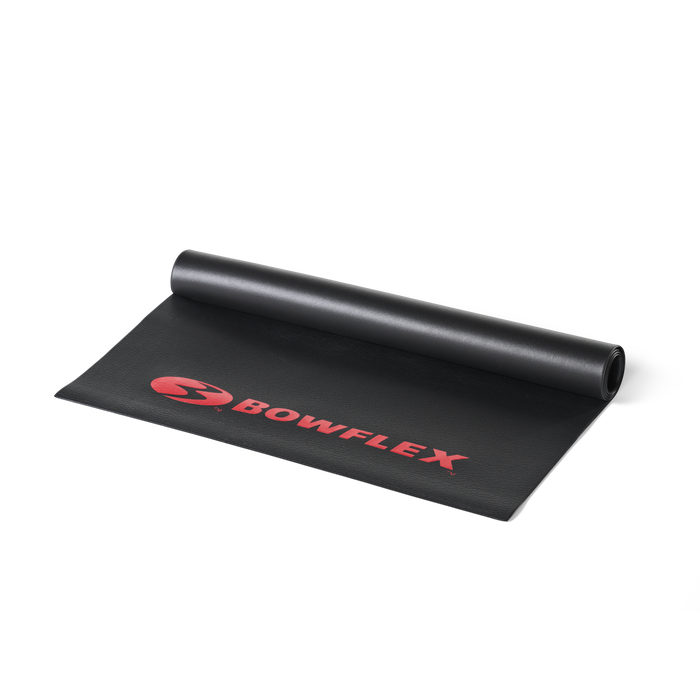The Truth About Protein: Do You Get Enough?

Every day, I ask every one of my clients to rate themselves on how well they ate on a scale from 1–10, with 10 being excellent. If you're eating donuts, you are closer to a 1. Why do I do this? My clients are the ones responsible for what they put into their mouths during the 23 hours that I am not around. It's all about accountability, and the more natural it becomes, the easier it is to eat what's best for their bodies the majority of the time.
Now let's talk about you. How well do you eat?
A critical part of your nutrition is protein. Do you get enough protein in your diet?
Average protein needs (grams per day) = Your body weight (lbs) / 2.2 x 1.5.
The more you exercise, the more protein you will need because you are asking your body to perform at a higher intensity. When you exercise, you burn fat stores for energy, but you also burn muscle. To replace muscle, you need sufficient protein. It is crucial to get your optimum amount in every single day.
For comparison, three large eggs equal 21 grams protein. A 4-ounce can of tuna equals 20 grams. A good protein bar should contain 13 to 20 grams of protein.
To optimize the benefits of protein, it is best to consume it throughout the day.
Start your day with a quick protein boost to help charge your metabolism to burn fat. I find a lot of people skip breakfast thinking that will help them lose weight; this is a common misconception. I make sure every morning I get my fiber and protein in so that I have consistent levels.
Before a workout, protein helps to maintain energy levels and fills your stomach. By using slow absorbing proteins, you can also be rebuilding while you are exercising. I suggest eating protein 40 minutes prior, so that you have the energy to maximize your intensity. Protein between meals helps keep replenishing muscle supplies.
After a workout, you want to eat protein within 30 minutes of working out to facilitate muscle repair—that's 15–20 grams for women and more than 20 grams for men. For this, you want to get a balance between whey, soy and casein, because they each release into your body at different times. Whey and soy are slow absorbing, and casein is fast-absorbing.
I recommend a 2:1 carbs-to-protein ratio for recovery. Protein provides the amino acids necessary to rebuild muscle tissue that is essential for recovery, but you don't want to forget the carbs—they restore your muscle glycogen and stabilize your blood sugar levels. In moderation, carbs are good for you, acting as the primary clean-burning energy source in the body. You will need that for your next workout and to stimulate insulin production.
Eating protein 1.5 hours before bed gives your body every chance to recover and rebuild.
Healthy whole food meals are important. While grocery shopping, look for fresh, in-season produce or items that you haven't had in a while, as each contains unique vitamins and minerals.

